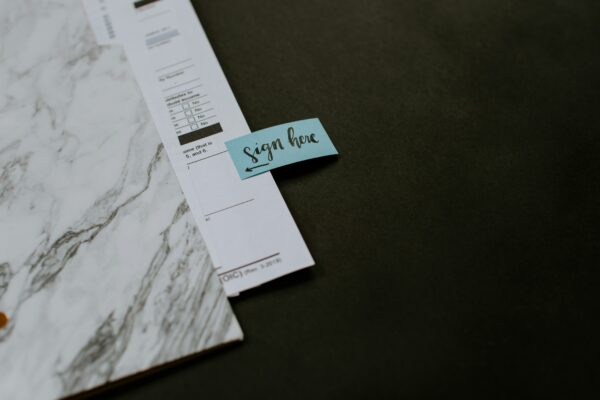Conceptualise Islamic Mortgages – Islamic Mortgages | IFG

3 min read
Published:
Updated:

Ibrahim Khan
Co-founder
I was having an email exchange recently with a senior lawyer who was involved in putting together the current Islamic mortgage structures available in the UK today and he drew my attention to an important distinction that I overlooked between two kinds of partnership that can be used in Islamic contracts – a distinction that help us conceptualise why an Islamic mortgage works the way it does.
The two kinds of partnerships are:
- Shirqah Al-Aqd (A contractual partnership)
- Shirqah Al-Maal (a shared asset)
Shirqah Al-Aqd is your classic entrepreneurial agreement. You and I agree to start a business, Enterprise Ltd. I provide some money and expertise, and you provide mainly expertise and labour. We agree to split it 60-40 in my favour. Enterprise Inc is a joint-venture and understandably we would both be expected to share in the profit and loss of the business. I couldn’t now say to you “I want a guarantee from you that you’ll pay me a fixed return and protect me from any loss, even if the company doesn’t do well.”
In an earlier article I framed Islamic mortgages as Shirqah Al-Aqd, whereas I should have framed them as Shirqah Al-Maal. If we see Islamic mortgages as Shirqah Al-Aqd then it follows that profits and losses should be shared and Islamic banks are not doing this in almost all cases.
However if we see the mortgage as Shirqah Al-Maal then that changes things. Let me explain.
Imagine you inherit a property and you and your brothers and cousins and aunties all own it in various proportions. You inherited it in 2013 when it was worth £400,000. Unfortunately the market has tanked since then and in 2016 it is worth only £200,000. Now you decide you want to sell the property and get some quick cash as you need it right now. Some of your uncles and aunties disagree. They will not sell the property as it is such a bad market. They do however offer you the alternative of buying them out at the equivalent of the 2013 prices and then sell the property yourself.
Now some of you will have spotted which issue that this conceptualisation of the Islamic mortgage contract solves. It means that we can understand why it is okay in a depressed-price market for the Islamic bank to insist on being paid back according to 2013 prices. The Islamic bank doesn’t want to sell right then unless it is at the 2013 prices. So yes, it is insisting on not accepting a loss, but that’s cool because it’s not a business partner, it is a shared-owner in a property.
This conceptualisation doesn’t however (for me) overcome the issue of sharing insurance costs and repair costs. You’d be well annoyed if your uncle and auntie decided they weren’t going to contribute to the general upkeep and repair of the house and the insurance.
This different framing of a mortgage got me to realising once again how rich and technical Islamic Finance really is. Whilst there are still problems with an Islamic mortgage when considered under the Shirqah al-maal framework, it does overcome some of the problems associated with the Shirqah al-aqd structure.
You might be skeptically sat there on your office chairs thinking ‘yeah but it’s all just loopholes’, but in reality, the law (amongst other things) acts as a medium through which to conduct transactions such as mortgages. If a product can be said to be ‘Shariah-compliant’, are we just going to dismiss it in favour of conventional mortgages because we can’t quite grasp the technical difference?
Two laptops might look exactly the same, but the technical specifications are completely different. Nobody would suggest in that instance that the two are the same. So too, the mechanics underneath the body of Islamic mortgages and conventional mortgages are different beasts.
If you missed them previously, here are links to other mortgage-related articles I have covered recently.
- https://www.islamicfinanceguru.com/personal-finance/islamic-mortgages-explained/
- https://www.islamicfinanceguru.com/personal-finance/the-problems-with-islamic-mortgages-and-what-we-should-do-about-it/
- https://www./islamicfinanceguru.com/islamic-finance/are-conventional-mortgages-okay-if-you-cant-afford-an-islamic-one/
Related Articles
View all
Can I enter into a contract with haram clauses?
29 September 2023 7 min read

5 Reasons Why Your Rizq Isn’t Increasing
10 August 2023 4 min read

